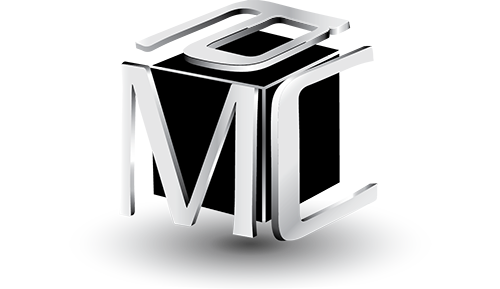
Through People



We learn the skills that are critical for success in any career, at any level, not in a classroom but from navigating a wide range and variety of experiences – fixing something that’s broken, working with a whole new team of people, starting up something from scratch, taking a “stretch” assignment in an area that you know nothing about – anything that has some challenge to it.
And while experience is critical to learning, so is regular and deliberate reflection on the learning experiences. We refer to this combination of piloting through challenging experiences coupled with regular reflection as Intentional Development.
Intentional Development is not a one-and-done effort but requires a regular cadence of development – try something, reflect on how it plays out, look for the expected impact, adjust if necessary and try again. These kind of micro-learning opportunities create a consistent learning environment and are critical to building a habit for change rather than hoping that will power will save the day. One executive client set aside time on his calendar every Friday, what he called “5 minutes at 5:00 on Friday”, where he pulled out his Intentional Development Plan, reflected on the progress he made that week and plotted out what he was going to try out or focus on in the coming week. He made excellent progress on his development and quickly locked-in-the-learning, which took him weeks not months or years.
Reflection makes a difference. We find, however, that not everyone is immediately effective or comfortable with how to reflect. One client said that she tried setting aside 30 minutes for reflection in her schedule but when the time came she didn’t know what to do and just sat there!
We have tool that we use to assist learners in creating a cadence of development and to make sure that they lock-in-the-learning from their development experiences. We call it the Intentional Development Tracker and find that following this simple outline of questions (and actually writing something down) is a very effective approach to reflection.